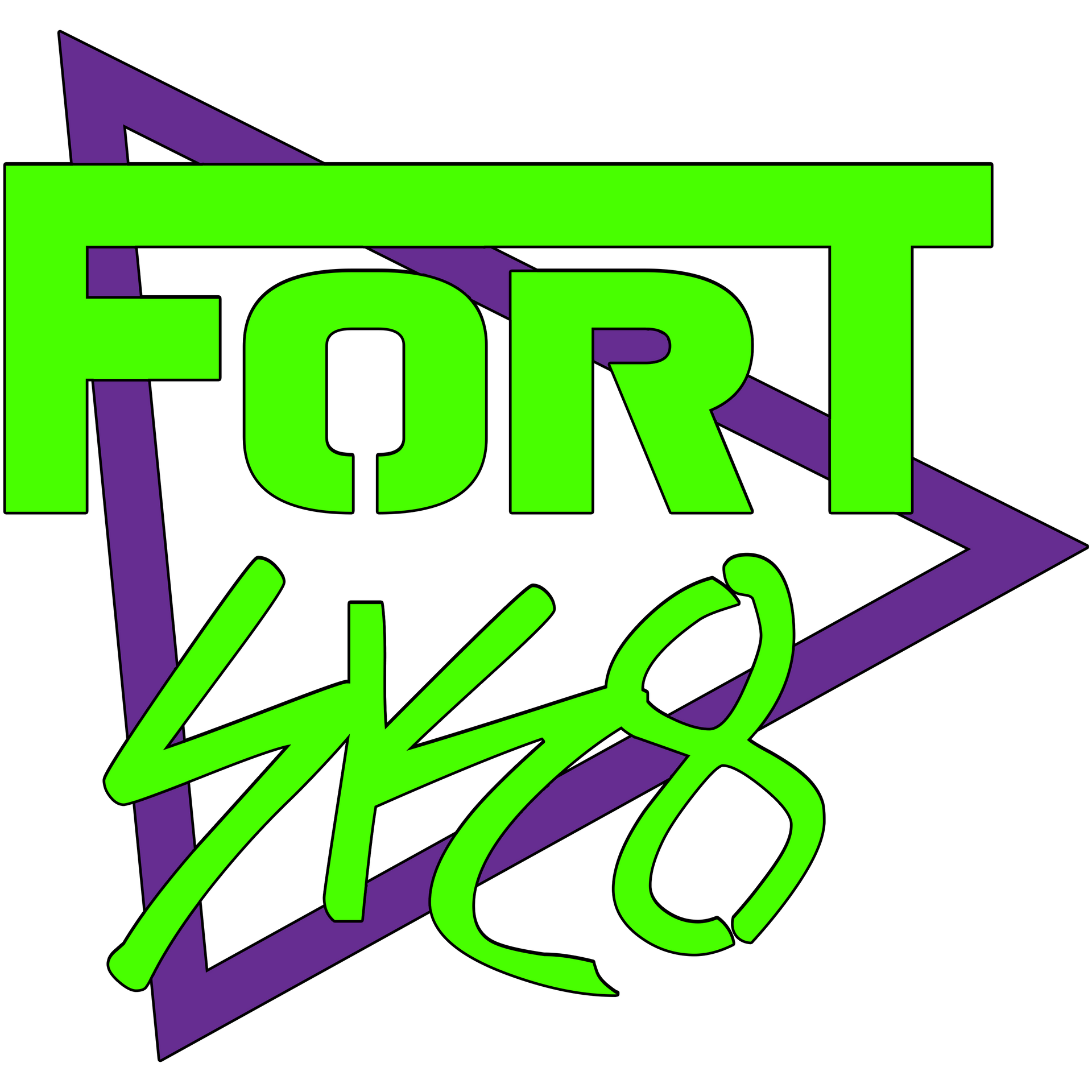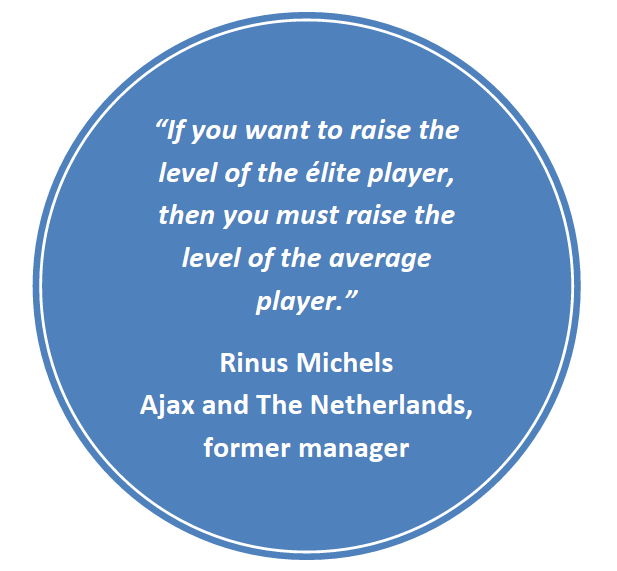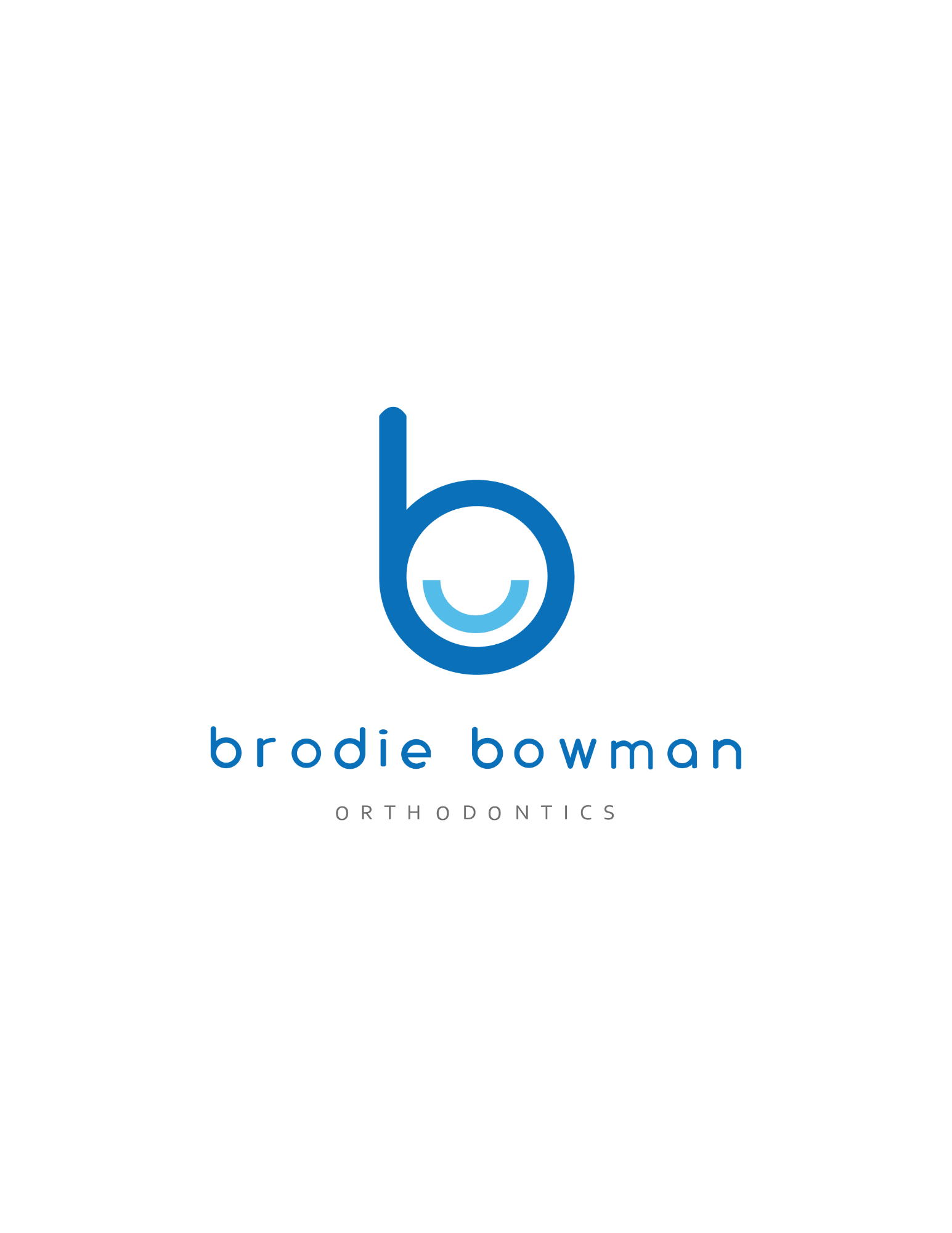Development Academy
Spring 2025 Info
The following year groups will be eligible for the Development Academy for the 2025 Spring Season.
Birth Years: 2015 - 2016 - 2017 - 2018 - 2019- 2020
All players (new and returning) must register for tryouts to attend. All players must try out with the appropriate phase for their birth year.
Registration for tryouts is free and is mandatory in order to participate in tryouts.
Based on player assessments during tryouts, players will be offered placement in either grassroots, 4v4, or 7v7.
Questions? Contact info@EmeraldCoastUnited.com
Fees - 2024/2025
Grassroots Phase:
Registration fee (once per year): $125
Fall season fee (once per season): $155
4v4 Phase:
Registration fee (once per year): $125
Fall season fee (once per season): $180
7v7 Phase:
Registration fee (once per year): $245
Fall season fee (once per season): $435
Uniforms - Spring 2025
Grassroots: Practice kit
4v4: Practice kit
7v7: Practice kit +
Development kit
Guidance from Rush Soccer
The Rush Way includes 4 pillars:
Adaptable
- Read The Game
Brave
- Freedom With Responsiblity
Offensive
- Attack Oriented
Intense - Only Your Top Effort Is Acceptable
The Development Academy will introduce all 4 pillars:
Adaptable: Coaches will not coach while the ball is in play, allowing the players to learn the game
Bravery: Coaches will teach players control the ball and allow them to make mistakes, developing bravery and confidence
Offensive: Coaches will encourage the players to be attack oriented
Intense: Coaches will ensure that practices and games are fun, as everyone goes harder when they are enjoying themselves
Additionally:
All training will be geared around the technical side of the game, emphasizing fun and enjoyment and developing a relationship with players' bodies and the ball. The development of basic motor skills is instrumental (running, jumping, throwing, catching, crawling).
From a soccer perspective, our the main focus is dribbling. We will encourage players to be creative, take chances, dribble, and score goals. Too often coaches emphasize passing and clearing the ball. We want our players to be comfortable with the ball, not clear it away every time they get it.
The Development Academy
What do we do?
Academy training based on developmental age of players.
Grassroots: individual skills development
4v4: individual skills development utilizing the 4v4 format
7v7:
individual skills development utilizing 7v7 format
9v9: (fall 2024) individual skills development utilizing the 9v9 format
Why do we do it this way?
The use of developmental age allows players to compete within the appropriate skill level.
Competing within the correct development age builds confidence and reduces boredom.
Grassroots:
Individual skills must be built early to create confident, creative soccer players. Grassroots phase will focus on dribbling with both feet and eyes up.
4v4:
The 4v4 format accelerates development of technical ability and game intelligence. Small pictures are clearer for children; space and options are more compatible with their abilities. 4v4 is the smallest sided game you can have that has all the elements of a real soccer match without any of the confusions that surround learning to play soccer. In a soccer match children have the option of passing the ball forwards, square or backwards. Three children cannot do this because one of the directions will be missing. With five children the extra one duplicates one of the elements. She becomes “also wide, also deep or also back.” This “also” position clutters the picture.
7v7:
The 7v7 format introduces many of the features of the full-sided game, including goal and penalty areas, the goalkeeper position and larger goals. Players are introduced to more complex formations, wide areas, and multiple lines. Decision-making is more complex.
Players will continue to have events in the 4v4 format to ensure maximum touches.
What is Academy style training?
Academy style training, according to United States Youth Soccer, is training players in an “Education First” environment by following the same curriculum for all players involved. This creates a culture within the club which can be duplicated with each new generation of players. This starts in the Development Academy by creating a professional environment. Steps to create this include:
- Coaching staff creation of a season-long training plan for the skills that are necessary in young players to allow them to have a higher probability of success in the future.
- Coaching staff setting season goals for each player, which get analyzed with them at the completion of the season.
- Coaching staff creating weekly training sessions that adhere to the season long training plan.
- These training sessions consist of 3-4 training stations, each facilitated by a licensed coach. Players rotate between stations every 20 minutes. Training groups are kept smaller by training three different groups concurrently, one at each station.
- These sessions can also consist of 3-4 progressions within a single topic, growing from introduction to unopposed practice to opposed practice to live game speed. Training groups still remain small, as each group gets a dedicated coach.
- This rotation/progression helps keep the young players engaged and gives them a new setting/progression every 20 minutes.
- Players are distributed into groups at the beginning of the training session, not based on age but based on ability, physical development, work rate, and potentially the mood of the player on that given day.
What are the Player Development Initiatives?
The Player Development Initiatives (PDIs) are US Soccer's guidance and recommendations to improve the approach and methodology of soccer player development in the United States. They were written in 2016 and amended in 2017. Age divisions and small-sided formats are standardized by the PDIs.
What is Fun Integration Theory?
Fun Integration theory is a scientific study of a common-sense concept, namely that when people enjoy something, they tend to do it more, and when they do it more, they tend to get better at it. As one improves at something, one tends to enjoy it more, completing a self-reinforcing cycle.
Putting it all together
The Development Academy combines academy style training with the recommendations of the PDIs and incorporates Fun Integration Theory.
More information about academy style training from USYS can be found here.
More information about the PDIs can be found here.
More information about Fun Integration Theory can be found here.
Previous Sponsors
The Development Academy would like to thank all our previous sponsors. They graciously supported the Development Academy under the FC Dallas affiliation and provided uniforms, bags, goals and other equipment to get the Development Academy established. Without them, this would not have been possible.














